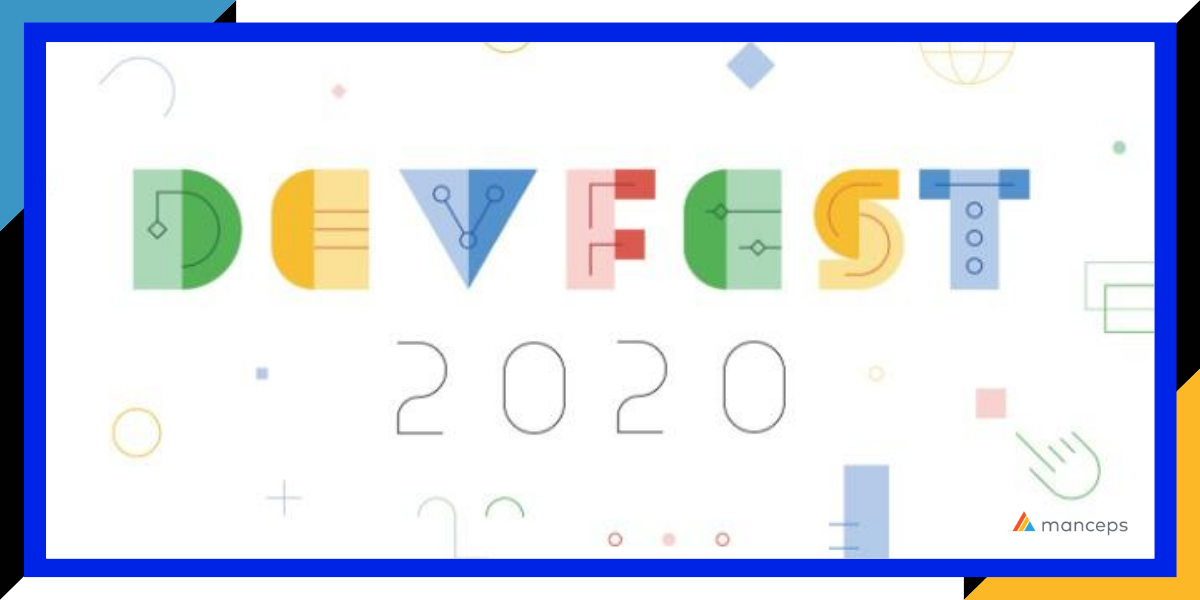Bank of America
Bank of America is turning to artificial intelligence to help reduce its labor force and drive more of its customers to receive help via automated systems and chatbots. In 2018, the company rolled out Erica, an in-app customer service agent. By October of 2019, the digital assistant had handled about 75 million in-app customer service interactions.
Unsurprisingly, 2019 also saw a steep decline in new hires for customer service positions. One study on BOA’s hiring practices found that the conglomerate had reduced branch-related job openings by half. At that same time, the number of AI-and-ML-related BOA job openings had doubled.
Key Takeaways
As artificial intelligence becomes increasingly adept at automating repetitive tasks and interacting with humans, we can expect customer service as we know it to increasingly be handled by a machine.
The social implications of this transformation will be profound with as many as 25% of all jobs in the United States being affected. While this number is aligned with “official” estimates, our understanding of AI and its capabilities give rise to the very real possibility that way more than 25% of jobs will be affected. In the case of customer service, the only limiting factor to these changes will be the speed by which companies can roll-out to customer service systems.
Applications
Customer service, retail, consumer electronics, etc.
Berkshire Hathaway
GUARD, a Berkshire Hathaway insurance subsidiary, has partnered with an AI data platform to optimize the underwriting process for its small and medium business segment. The goal of the partnership is to spare underwriters from having to spend so much time finding, gathering, and organizing client data. By structuring the data in a more efficient and actionable way, the organization hopes to dramatically reduce the time it takes from submission to quote. According to the announcement, “with only a business name and an address as inputs, insurers can obtain the information necessary to evaluate the ‘right’ risks and profitably grow and maintain their portfolio.”
Key Takeaways
Regardless of whether your organization has its own datasets or needs to acquire it from other sources, this example illustrates the fact that artificial intelligence puts customer data to work. Any time your organization uses data to make decisions about the services it offers its customers, artificial intelligence could be used to bring greater speed, accuracy, and fairness to the process.
Applications
Mortgage lending, insurance underwriting, credit card applications, college admissions, background checks, etc.
Citigroup
Last year, Citigroup announced it was launching an initiative to bring machine learning to the time-consuming, highly manual process of reviewing global trade transactions and ensuring their compliance. The new platform will provide:
- In-depth analysis of global trade transactions.
- Advanced analytics and natural language processing to better understand networks of related parties, unstructured data, and customer activity over time.
- Process automation that combines analytic results and trade-related bank policies to help focus on trade transactions activities that may need further investigation under Citi’s escalation process for them.
Citigroup operates in more than 160 countries, which means it must dedicate considerable resources to ensure financial transactions are completed within the confines of the law. This work is highly complex and requires a veritable army of lawyers and financial experts to keep everything above board. By developing AI-powered solutions to monitor these processes, Citigroup is making a big leap forward.
Key Takeaways
This use case is one of the most complex we’ve seen. In addition to automatically processing the dataset of real-time financial transactions, the platform will also rely on Natural Language Processing to extract additional insights from every transaction.
Eventually, we can expect that Citigroup will use AI to automatically interpret new regulations and adapt the system as the legal financial framework on the ground starts to change.
Applications
Legal, regulatory, government, finance, medicine, etc.
Fannie Mae
Last year, the publicly-traded US-government enterprise partnered with Moogsoft to deploy the AIOps platform across their organization for enterprise monitoring. The Wall Street Journal reported that the platform has already reduced IT issues at Fannie Maybe by a third — with plans to reduce the number of incidents even further once the system has had a few additional iterations to self-optimize.
Key Takeaways
Once trained, AI applications can continually improve, which means that your company’s AI ROI will continue to grow as time goes forward. This also partially explains why so many companies are adopting artificial intelligence with such urgency. These applications have a powerful ability to get better over time, which means late entrants may never surpass the capabilities of those who got a head start.
Applications
Operations
Freddie Mac
Freddie Mac recently partnered with AI Fintech firm ZestFinance, in its effort to bring machine learning and natural language processing to the mortgage underwriting process. ZestFinance’s value-add is that it can use machine learning to go beyond credit scores. Their model can identify applicants with low credit scores who may, in fact, be good candidates to give a loan to.
Key Takeaways
Mortgage applications are a perfect problem for cognitive intelligence. For one, applications are extremely document-intensive, which makes them good candidates for optical image extraction and natural language processing. Second, underwriters use a rules-based system to determine whether an applicant is a good prospect for a loan.
Applications
Loans, insurance underwriting, college admissions, recruitment, etc.
JP Morgan Chase
In 2018, JP Morgan Chase tapped Apoorv Saxena as its global head of AI and Machine learning services. Saxena previously led product management for cloud-based artificial intelligence solutions at Google.
Since then, Chase has made headlines for its novel use of AI throughout its business. In the summer of 2019, the company signed a five-year contract with AI ad copywriters, Persado, after a pilot project revealed a 5x increase in click-throughs on AI-generated ads. By December, the company was touting its AI capabilities to process expense reports and expedite employee reimbursements.
Perhaps the most famous way that artificial intelligence has come to finance is through hedge funds and other investment products whose trades are guided—and in some cases wholly dictated—by artificial intelligence. Currently, the jury is still out on AI’s ability to make predictions. AI models are, after all, susceptible to market manipulation. Nonetheless, a 2018 study found that 53% of hedge funds were using AI in its decision-making, and by 2019, over $17bn in assets were under AI management.
Key Takeaways
For large organizations, artificial intelligence promises to increase customer personalization, decrease bureaucratic inefficiencies, and give teams a greater ability to generate demand at scale. Artificial Intelligence gives organizations the opportunity to bring personalization to their customers, at scale.
Applications
Customer personalization, accounting, demand generation, finance, etc.
Metlife
The insurance company is already using artificial intelligence in a variety of fascinating examples.
The first is a platform that monitors customer service calls and gives agents real-time advice to better navigate the call. Instructions like, “finish your thought” and “you are speaking slower than usual”, bring ongoing training to the customer sales process. The goal is to scale customer service training to better serve their customers.
A second example comes from the underwriting process. Like most insurers, the company has been reluctant to cover neighborhoods affected by California’s wildfire crisis — even kicking previous customers off of their roles. However, with a new partnership with zesty.ai means that the company will have a much more nuanced ability to assess risk, thereby making it possible to include homeowners that they had previously disqualified.
Key Takeaways
Although it may feel creepy to have artificial intelligence monitor your conversations and give you real-time advice, we can see this capability open up a world of possibilities for all types of people in all kinds of settings. Some possible use cases:
- A salesperson gets real-time feedback about closing a deal.
- Politicians, actors, and other public speakers get instant recommendations to improve their performances.
- Lawyers and law enforcement officers getting up-to-the-minute feedback on whether someone is telling the truth.
- Professors gauge comprehension and retention based on the flow of a class discussion.
Applications
Sales, public service, law enforcement, education, etc.
Prudential Financial
Last fall, the global financial services behemoth, Prudential Financial, acquired Assurance IQ for $2.3 billion. Assurance IQ built an insurance marketplace that uses artificial intelligence to recommend insurance products at a much faster rate, drastically reducing the number of questions customers had to answer before they could be presented with insurance options.
This was just one of many strategic investments the company has been making in the AI space. At about the same time, their freshly appointed CMO, Naveen Agarwal, reoriented the marketing department around analytics and AI to provide their customers with greater personalization. The opportunities for AI-infused personalization have permeated throughout the company, helping the organization deliver even more services at a fraction of the cost.
Key Takeaways
Cognitive intelligence makes it possible for millions of customers to enjoy personalized interactions with their most trusted companies. These interactions are format-agnostic, which means customers can be directed to perfect messages and services, regardless of whether they are searching on your website or interacting with a branded Alexa app. This capability can extend up and down the sales funnel, which means customers receive more relevant ad messages at the top of the funnel and more relevant products as they get closer to making decisions.
These examples were sourced from our ebook, 50 AI Examples from the Fortune 500. In this highly-researched resource, we go company by company, detailing how some of the world’s biggest corporations are deploying cognitive intelligence to streamline their operations and identify new opportunities.









